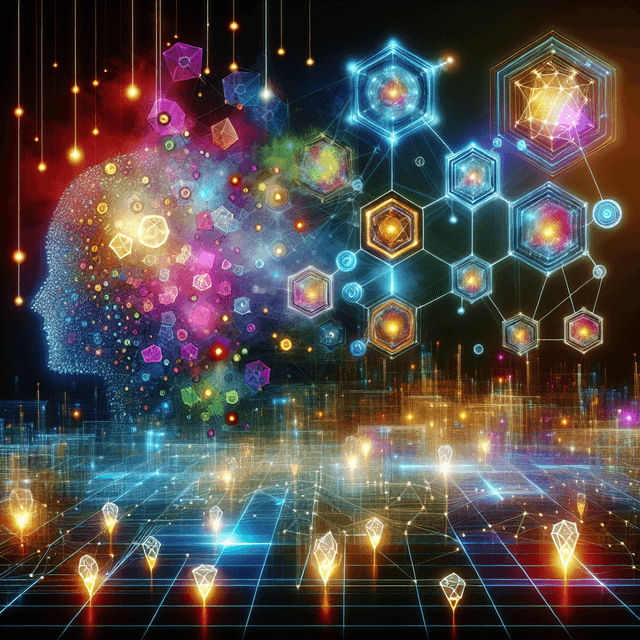

Unlocking Web3: How AI Innovations are Fueling a Scalability Revolution
Share this blog on social media:




As we move deeper into the 2020s, the intersection of artificial intelligence (AI) and Web3 technologies is revolutionizing how we interact with decentralized applications (dApps). By 2025, significant advancements in AI algorithms are reshaping user experiences, making blockchain more accessible than ever. Personalized interfaces and automated transaction processes are just the beginning of this transformation. With these innovative breakthroughs, dApps can enhance user engagement and simplify blockchain interactions, paving the way for broader adoption.
Emerging trends show that AI is not only enhancing user experience but also facilitating the rise of autonomous decentralized organizations (DAOs). These organizations leverage machine learning models to analyze user data and network health, making decision-making increasingly data-driven. This shift is expected to empower communities, allowing for more efficient and transparent governance structures. As DAOs become more prevalent, we can anticipate a future where users have greater control over the platforms they engage with, driving innovation and collaboration within the Web3 ecosystem.
Statistics reveal a remarkable increase in blockchain transaction throughput, with a reported 150% surge by mid-2025, thanks largely to AI-driven optimizations. These enhancements reduce bottlenecks and improve consensus mechanisms, enabling faster and more efficient transactions. As a result, the potential for decentralized finance (DeFi) and digital asset management is expanding rapidly. Experts predict that by 2030, approximately 80% of all blockchain networks will incorporate AI technologies, fundamentally changing the landscape of finance and asset management.
Real-world applications of AI-infused Web3 solutions are already making waves across various industries. Major corporations are deploying these technologies to enhance supply chain transparency, allowing for real-time tracking of goods on the blockchain. This integration not only boosts trust among stakeholders but also enhances efficiency in logistics, demonstrating the practical benefits of combining AI with decentralized technologies. As businesses recognize the value of this synergy, we can expect a wave of innovation that transforms traditional logistics and supply chain management.
However, the integration of AI into Web3 is


